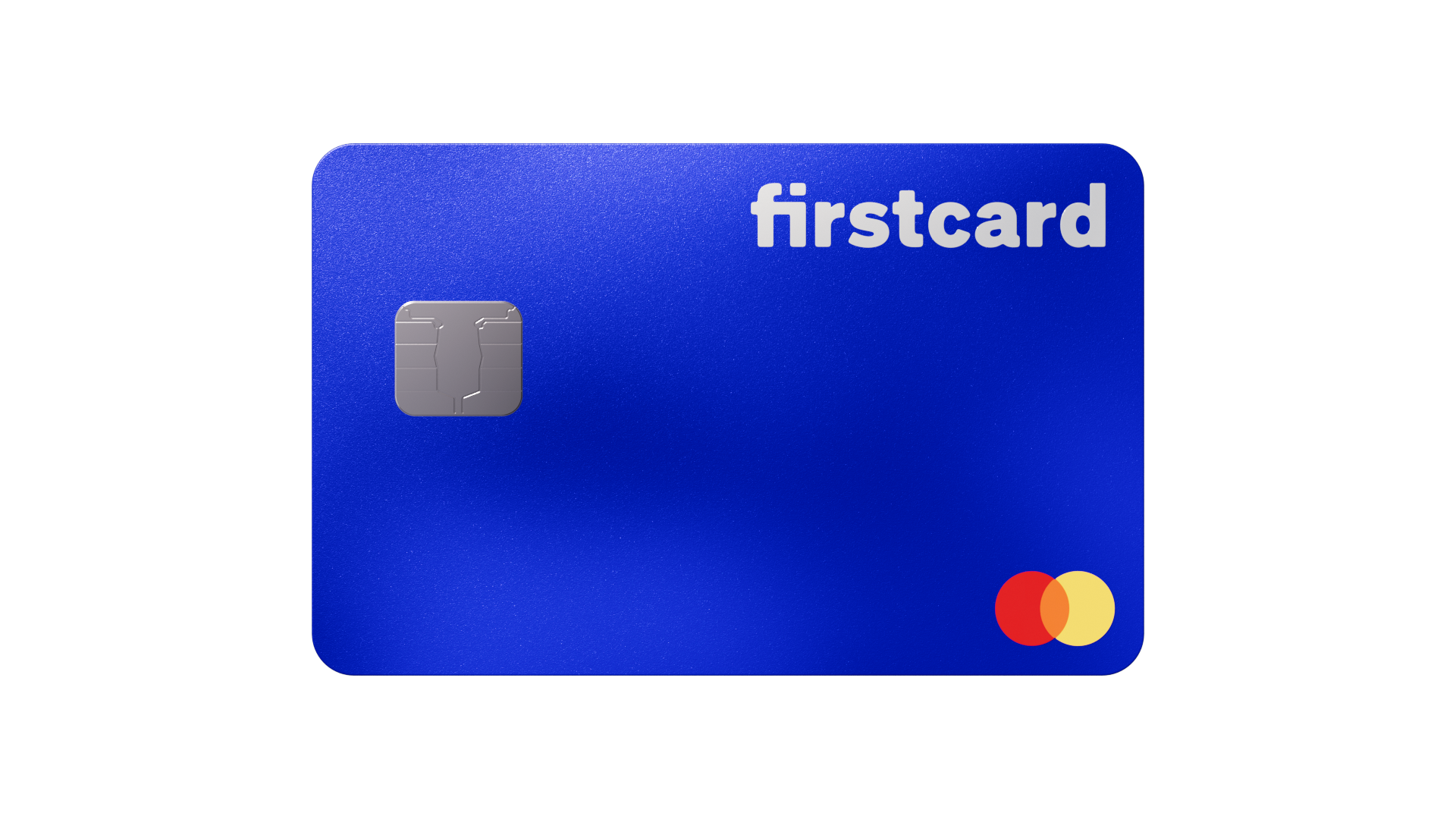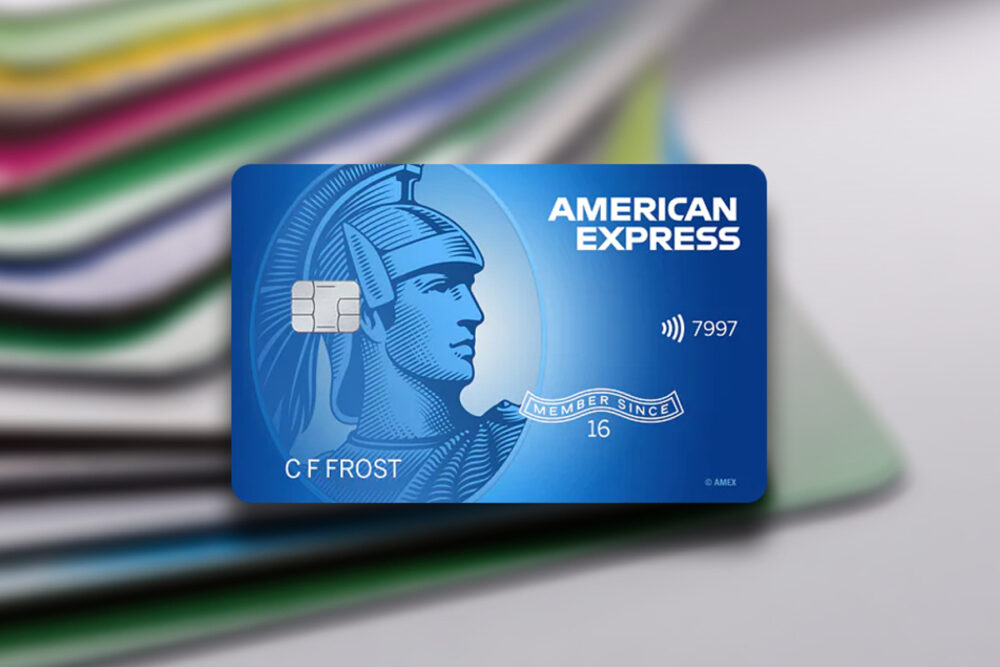The Pros and Cons of Using Credit Cards to Build Credit

Harnessing the Benefits of Credit Cards Responsibly
In today’s financial landscape, credit cards have become integral tools that can significantly impact our financial journey. While these cards can enhance your purchasing power and provide a safety net in emergencies, they also come with responsibilities that must not be taken lightly. Understanding how to navigate the world of credit cards is essential for achieving financial well-being.
When used judiciously, credit cards can yield numerous advantages, including:
- Improving your credit score: Making regular, on-time payments is one of the most effective ways to build a strong credit history. Credit scores are pivotal in determining loan terms, interest rates, and even eligibility for rental agreements. For example, a higher credit score can help you secure a lower mortgage rate when purchasing a home.
- Building credit history: Establishing a credit history is crucial, especially for young adults beginning their financial journeys. A long-term positive relationship with credit providers not only reflects financial responsibility but also opens doors to future financing opportunities, such as auto loans or student loans with favorable terms.
- Access to rewards: Many credit cards come with enticing rewards programs, offering cashback, travel points, or discounts with certain retailers. For instance, a card that gives you 5% cashback on groceries can save you a significant amount over time, making your everyday purchases work for you.
However, one must tread carefully, as credit cards can also lead to financial challenges if mismanaged:
- High-interest rates: The allure of credit can quickly turn into a burden if balances are not paid in full each month. Carrying a balance can lead to overwhelming interest charges, effectively increasing your debt. For example, a couple of missed payments can lead to spiraling amounts owed, with interest compounding rapidly.
- Overspending temptation: The convenience of having a credit card can sometimes cloud our judgment, leading to impulsive spending. When faced with the choice of “buy now, pay later,” it’s essential to resist the temptation and consider if a purchase is truly necessary.
- Impact of missed payments: A single late payment can have profound consequences, lowering your credit score and negatively affecting your financial reputation. Protecting your credit score is not merely about numbers; it influences your ability to secure future loans at reasonable rates.
By gaining a thorough understanding of both the remarkable advantages and potential pitfalls of credit card usage, you equip yourself with the knowledge necessary for a prosperous financial future. With determination and a thoughtful approach, you can harness the power of credit cards to enhance your financial health rather than hinder it. Recognizing that responsible management is crucial will inspire you to make well-informed financial decisions that align with your long-term goals.
DISCOVER MORE: Click here to learn how to ensure efficient mobile SEO
Navigating the Path to Financial Empowerment
Credit cards, when wielded wisely, can be a beacon in your quest for financial empowerment. They serve as powerful instruments that not only expand your purchasing capability but also play a pivotal role in molding your financial future. However, before you dive into the world of plastic money, it’s crucial to examine both the rewards and the risks associated with credit card usage.
One of the most significant benefits of responsible credit card use is the ability to build a robust credit score. Maintaining a good credit score is essential; it can unlock doors to better loan options, secure lower interest rates, and enrich your overall financial opportunities. Think about it: every time you make timely payments, you are not just meeting a requirement; you are actively investing in your financial health. Imagine walking into a bank and being offered a loan with an interest rate significantly lower than your peers, simply because you’ve nurtured your creditworthiness over time.
Another key advantage is the opportunity to create a solid credit history. For individuals just starting out on their financial journey, such as recent graduates or young professionals, establishing a credit history is paramount. A well-maintained credit record can be the foundation upon which your financial future is built. It communicates to lenders that you are a responsible borrower, thereby creating pathways for future loans with favorable terms, whether for a car, home, or education. This is particularly vital in a country where a solid credit history can also facilitate things like renting an apartment or even securing employment in some sectors.
Moreover, many credit cards come equipped with unique rewards programs that can enhance the purchasing experience. Whether it’s earning cash back on groceries or accruing travel points for your next vacation, these rewards add an exciting layer to the regular use of credit cards. For example, if you frequently dine out or travel, selecting a card that offers a higher return on those categories could save you money in the long run, turning everyday expenses into profitable rewards.
While the advantages are compelling, it is equally important to be well-informed about the potential downsides of credit card use.
- High-interest rates: It’s crucial to remember that credit cards often come with steep interest rates. If you carry over a balance, those charges can quickly add up, leading to a mountain of debt that can feel insurmountable.
- Overspending temptation: The ease of swiping a card can cloud judgment and lead to impulsive buying. It’s essential to resist the lure of immediate gratification in favor of long-term financial stability.
- Impact of missed payments: Late payments can devastate your credit score, reducing your financial options significantly. This could result in needing to pay higher interest rates on future loans or facing rejection outright.
As you consider the ramifications of credit card usage, the most important takeaway is to approach your financial decisions with mindfulness. The path to a healthy credit profile requires a commitment to responsibility and strategy. By fully understanding the benefits and risks, you can harness credit cards as powerful tools in your quest for financial success.
DISCOVER MORE: Click here to learn how to conduct market research for your venture
The Double-Edged Sword of Credit Card Usage
While the potential for financial growth through credit cards is significant, it’s essential to recognize that they are a double-edged sword. The choices made today can impact your financial future for years to come. Understanding the delicate balance between leveraging credit cards for building credit and falling into detrimental financial habits can be the difference between empowerment and entrapment.
One of the most concerning aspects of credit card usage is the risk of accumulating credit card debt. The allure of credit can make it feel convenient to overspend, leading to a precarious situation where balances become unmanageable. The National Foundation for Credit Counseling reports that the average American carries over $5,300 in credit card debt. This staggering statistic highlights the fine line between effective credit usage and financial pitfalls. Make it a priority to assess your spending habits and set limits to avoid falling into debt.
Furthermore, due to the prevalence of minimum payment traps, many consumers find themselves misled about how credit works. Paying only the minimum due may temporarily ease the burden of repayment, but over time, this approach can lead to a cycle of debt that’s difficult to escape. The interest accrued on remaining balances can snowball, leading to a scenario where the original purchase cost is dwarfed by the amount paid over time. Always aim to pay your balance in full each month to protect your financial well-being.
Another critical consideration is the potential for damage to your credit score when applications for multiple credit cards are submitted. Each time you apply, a hard inquiry is made into your credit report, which can reduce your score temporarily. It is advisable to use credit sparingly and avoid opening multiple accounts at once; this can indicate to lenders that you may be experiencing financial distress. Instead, focus on maintaining existing accounts and managing them well, allowing your credit score to improve over time through positive activity.
- Credit utilization ratio: Keeping your credit utilization ratio—that is, the amount of credit you are using relative to your total credit limit—below 30% can empower your credit score. Whenever possible, aim to spend only what you can afford to pay off in full every month, ensuring that your credit utilization reflects responsible borrowing.
- Annual fees: Some credit cards come with hefty annual fees that may not be justified by the benefits offered. As you explore options for building credit, consider the long-term value of these fees and whether the rewards you garner outweigh the costs.
- Rewards expiration: Many credit card rewards programs have expiration dates or may require a certain level of activity to maintain your rewards. Staying aware of the terms and conditions can prevent wasted opportunities and frustrations down the line.
Ultimately, it is important to cultivate a disciplined approach to credit card usage. Building credit is not just about accessing funds; it’s about nurturing a fruitful relationship with your finances. By educating yourself about the pitfalls as well as the perks, you can navigate the credit landscape more effectively, turning potential obstacles into stepping stones toward financial stability and independence. Embrace the journey of financial literacy, and remember: the key to success lies in responsible and informed decisions day by day.
DIVE DEEPER: Click here to learn more about persuasion techniques
Final Thoughts on Credit Card Usage
In conclusion, while credit cards can be powerful tools for building credit and financial freedom, they also come with inherent risks that must not be overlooked. By recognizing the benefits, such as improving your credit score and enjoying cash back or rewards programs, you can leverage credit cards to enhance your financial profile. However, it’s equally vital to remain mindful of the drawbacks, including the dangers of accumulating debt and the impact of poor spending habits.
As you navigate the credit landscape, adopting responsible practices is crucial. Prioritize creating a budget, making timely payments, and staying informed about the terms of your credit agreements. Consistently review your spending habits, and always strive to pay your balance in full each month to avoid falling into the trap of interest payments. Remember, building credit is a journey that requires patience and discipline.
Ultimately, empowering yourself with knowledge and a conscious approach to financial management will transform credit cards from potential pitfalls into stepping stones toward lasting financial success. By treating credit with the respect it deserves, you can unlock doors to opportunities such as home ownership, low-interest loans, and more. Embrace your financial journey with confidence, knowing that responsible credit card usage paves the way toward a brighter future.



